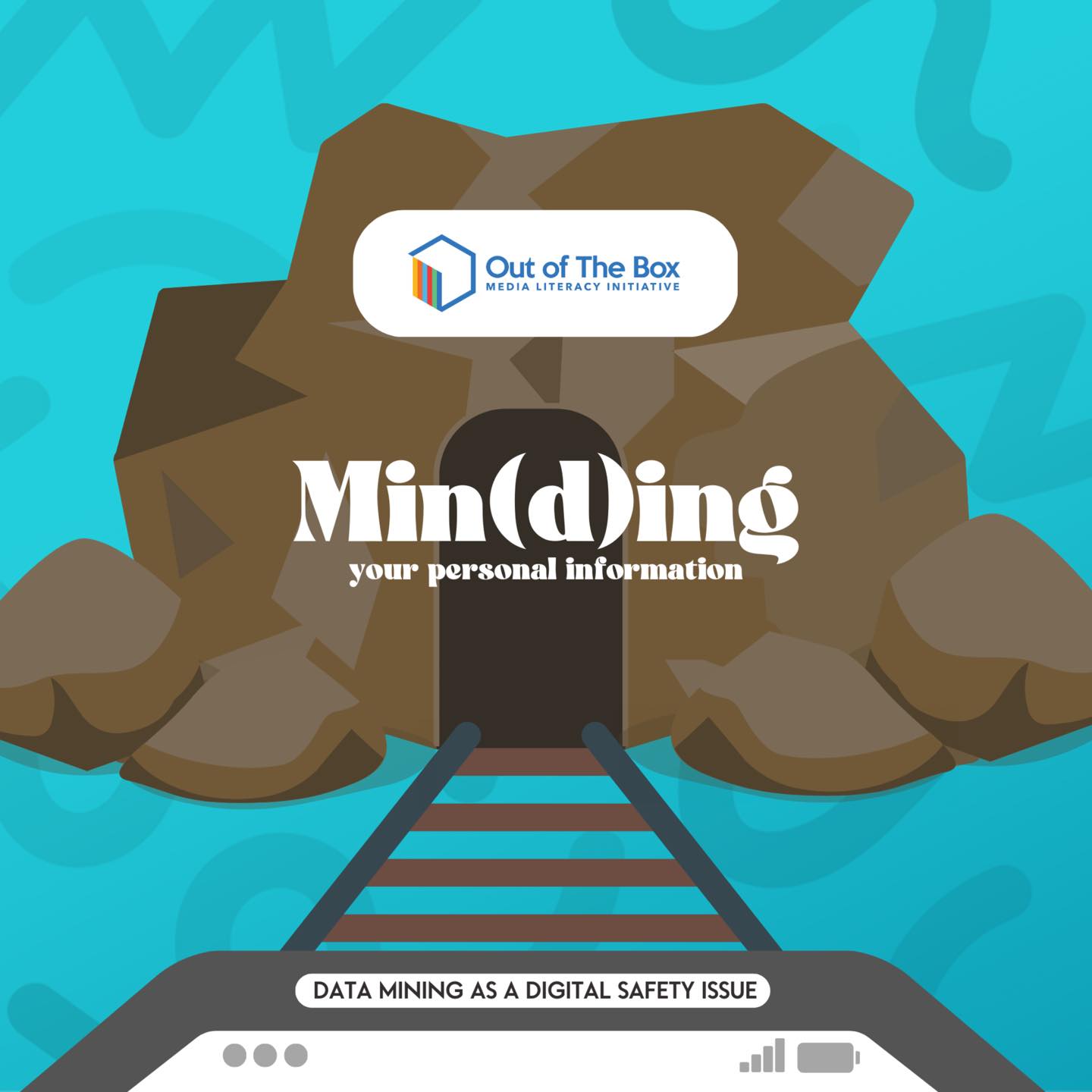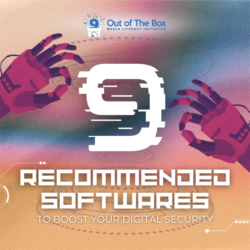Have you ever wondered why content on your social media feed is tailored to your interests? The answer lies in data mining.
It may look like magic, as if someone were reading your mind, but it’s just technology. Simply accepting the terms and conditions of an application upon download gives companies permission to collect and analyze a user’s data, which may come in the form of search histories, past purchases, and liked posts.
Although data mining is not necessarily evil, especially when it assists companies in better serving its consumers by understanding their wants and needs, it has ethical issues with regards to data privacy.
Consequently, the actions and preferences of online users are predicted and manipulated to align with the fundamental objective of capitalism: maximizing profit.
What is data mining?
Data mining is the process of “uncovering patterns” and insights from large data sets commonly related to human behavior, technology company IBM said. In other words, companies investigate the attitudes and behaviors of online users, learning how to cater to them best and maximize profit as a business.
For instance, search engines like Yahoo and Google receive millions of searches every day. The search logs they analyze help companies determine the popular concepts, topics, and trends to exploit.
While data mining may initially appear as a means to fine-tune product design and options, it also has the objective to captivate a larger audience and, in essence, trick users into unintentionally giving companies what they want. This practice has been termed as “dark patterns”.

Businesses using dark patterns build their websites and applications following a deceptive design based on the general public’s cognitive biases. Some websites use misleading button designs to fool users into subscribing to their services or providing consent for data collection. Director Bill Slawski of marketing agency Go Fish Digital said that data mining is also about influencing the decision-making of consumers and persuading them into making a purchase.
This phenomenon is commonly referred to as surveillance capitalism, as highlighted by Shoshana Zuboff, a professor at Harvard Business School. It involves the pervasive monitoring of user behavior online, which is then utilized to monetize data. Consequently, the actions and preferences of online users are predicted and manipulated to align with the fundamental objective of capitalism: maximizing profit.
Other user data collected aside from search histories are social media posts, physical locations, and even product words captured by smartphones and other smart devices. No wonder online shopping sites such as Shopee and Lazada in the Philippines know what ads to target us with all over social media.
How to protect your personal information from data miners?
Digital media and development agency Cocoon suggests utilizing a secure virtual private network (VPN) to browse the internet anonymously. This inhibits data miners from knowing one’s IP address, which reveals private information such as location.
Another technique is to be mindful of accepted internet cookies as these are small pieces of data that identify a user when browsing a site. Data miners use this to gather information about online users by tracking, personalizing, and saving information entered.
When opening a new website, a pop-up message may ask to accept or reject all cookies. There is also the option to only accept necessary cookies, which is the safer route when browsing the internet.

The safest option, Cocoon said, is to request the website not to track your movement and clear browser history and cookies after online sessions.
Suggested browsers to use for secure internet browsing are Mozilla Firefox, Brave, and Tor Browser. These browsers were made to stop websites, including government agencies, from tracking online users.
But online behavior is not the only user data tracked. Messages are also monitored by companies. This is why the option to encrypt messages exists. Doing so ensures that messages between two people are only seen by them.
Signal and Telegram are among the most secure messaging applications that allow end-to-end encryption. Although Facebook Messenger and WhatsApp provide this feature as well, Meta has been facing data privacy issues which may cause users to avoid using the apps.
If reading the terms of service is difficult, don’t fret as the project Terms of Service; Didn’t Read “ToS;DR” has created a summary of this for a number of services such as Facebook, Amazon, Reddit, Spotify, and Apple. It also graded each service according to how much they protect their users’ privacy.
Providing personal information is inevitable
Businesses are the true customers of data mining, while consumers are simply “objects of raw data” to extract information from, Zuboff said.
Despite the data privacy risks that data mining poses, sharing personal information with companies in the digital age is an inevitable sacrifice people knowingly or unknowingly make to bring convenience in their lives.
It is most important, however, to learn how our online behavior is monitored and influenced through data mining. We should aspire to lessen our digital footprint to strengthen our overall digital safety.




